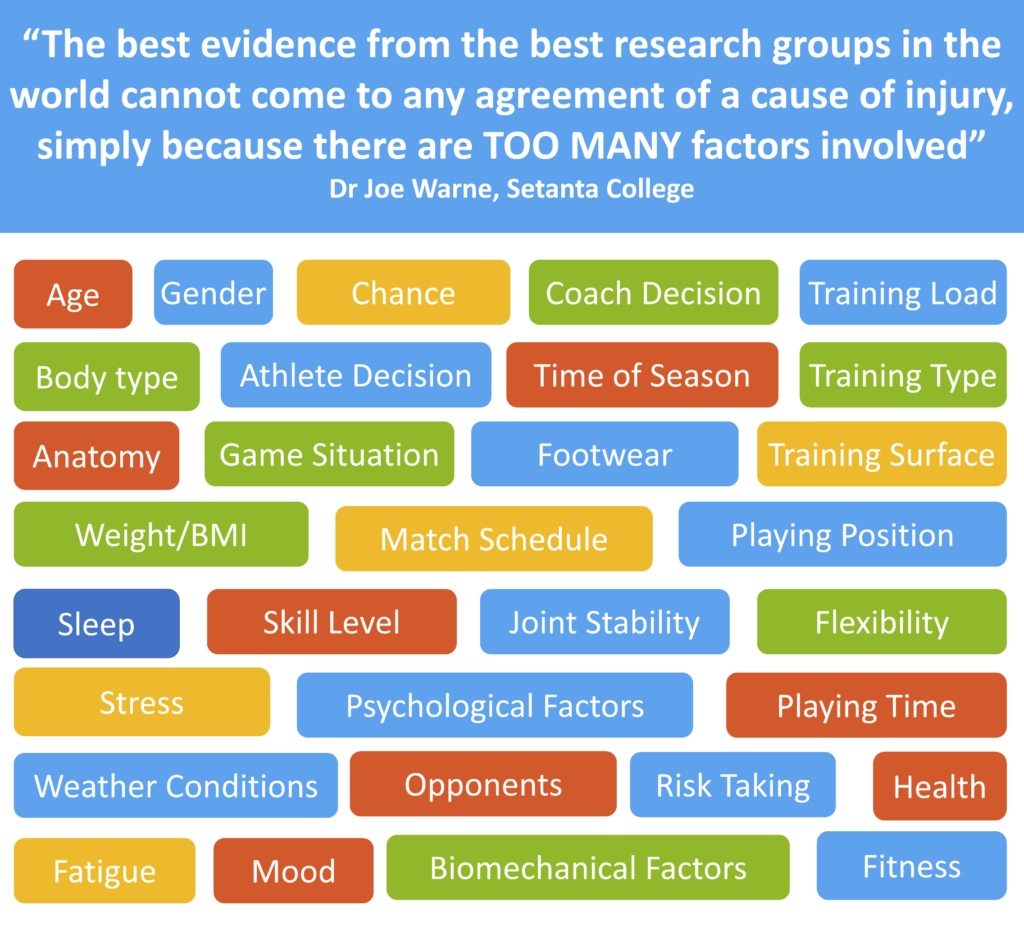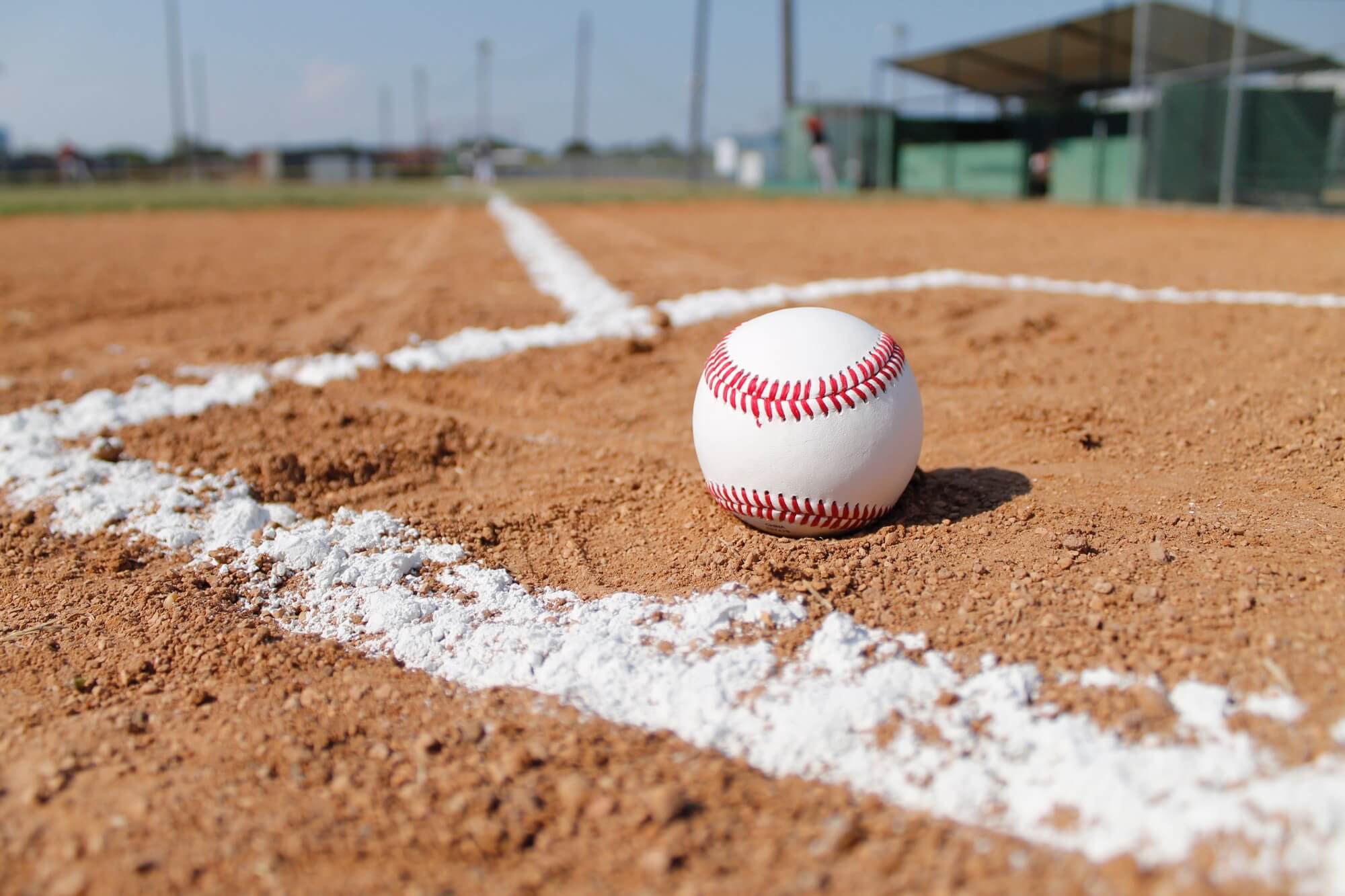Few can deny baseball’s challenges. It’s renowned for its complex nature and popularity. To succeed, players must possess a diverse skillset. This game shows off human capability. To hit a fastball, you need fast reflexes and decisions. Fielding requires sharp hand-eye coordination and agility.
Unlike other sports, baseballers must be well-rounded athletes. Pitchers must be accurate and batters must have great timing. This ensures even talent across the field.
Plus, mental acuity is key. Knowing the pitcher’s intent and anticipating ball movement is essential. Split-second decisions can decide victory or defeat.
Pro Tip: Mental resilience is just as important as physical skill. Remain focused and trust in yourself to beat any obstacle.
Factors that Determine the Difficulty of a Sport

To determine the difficulty of a sport like baseball, consider the physical demands it places on athletes and the mental challenges they face. Explore the physical demands of baseball and the mental challenges involved to understand why it can be considered one of the hardest sports.
Physical demands of baseball
Baseball, a sport adored by millions, requires a high level of physicality. Players must have amazing hand-eye coordination, agility, and stamina to be successful on the field.
Let’s explore the physical requirements of baseball:
- Throwing: Baseball needs players to throw the ball with precision and velocity. Pitchers must have strong arms to hurl fastballs at remarkable speeds while fielders should make precise and powerful throws.
- Running: Base running is a critical part of baseball. Players must dash between bases and make split-second decisions to steal bases or progress after hits.
- Hitting: The capability to hit a baseball constantly is no easy task. It requires great hand-eye coordination, quick reactions, and a powerful swing.
- Catching: Catchers are the protectors of home plate, needing swift reflexes to grab fastballs. They must also be able to squat for extended periods, enduring strain on their knees and legs.
- Fielding: Fielders should have superb reflexes to respond quickly when the ball is hit in their direction. They must be agile enough to cover ground effortlessly and make accurate throws under pressure.
While these are the core physical demands of baseball, there are some unique features worth noting. For example, pitchers face the danger of injury due to repetitive throwing motions and the burden it puts on their arms. Additionally, catchers suffer significant physical stress from squatting for extended periods during games.
For improving performance in baseball:
- Strength training: Regular strength training exercises targeting key muscle groups can enhance overall strength and endurance.
- Flexibility exercises: Including stretching routines helps keep mobility and reduce the risk of injuries.
- Cardiovascular conditioning: Enhancing cardiovascular fitness through activities like running or cycling boosts stamina on the field.
- Proper nutrition: A balanced diet with adequate protein, carbohydrates, and healthy fats supports muscle healing and sustained energy levels.
- Rest and recovery: Adequate rest is paramount for muscle repair and avoiding overuse injuries.
By following these recommendations, athletes can upgrade their physical capabilities, lessen the risk of injuries, and perform at their peak. Baseball requires a special mix of skills and physical demands, making it both daunting and thrilling.
Mental challenges in baseball: Where striking out could be mistaken for an advanced Zen meditation technique.
Mental challenges in baseball
Baseball: a game that tests one’s mental strength. Strategizing, focusing, and making split-second decisions can determine victory.
- Reading the pitcher’s intentions is a mental challenge. Players must observe body language, pitch selection, and timing to anticipate the throw.
- Staying focused over long periods of inaction is a challenge. Players must stay engaged and ready for any situation.
- Decision-making under pressure is crucial. Players must assess their options and choose the best course of action swiftly.
- Resilience to failure is essential. Players must have the mental power to recover from setbacks and stay positive.
- Teamwork is also a key factor. Close collaboration between teammates, communication, and coordination are integral to success.
Focus during training and games is also imperative.
To boost mental performance, athletes should practice visualization, mindfulness, goal-setting, and consult sports psychologists. Enhancing mental abilities alongside physical skills can give baseball players the edge they need to win.
Comparison of Physical Demands in Baseball With Other Sports

To understand the physical demands in baseball compared to other sports, explore how baseball’s emphasis on specific skills and the role of endurance and stamina play a crucial role. Discover the unique challenges and requirements that set baseball apart from other sports.
Baseball’s emphasis on specific skills
Baseball is unique. It focuses on developing certain skills.
Three key areas stand out:
- Batting precision. Players need great hand-eye coordination and timing. Plus, they must practice and focus to hit the ball in different places.
- Pitching mastery. Pitchers must practice various styles, like fastballs, curveballs and sliders. They must throw accurately and deceptively.
- Fielding expertise. Players must be agile, have reflexes and good anticipation. Positioning and decision-making are important to maximize defense.
Players can be trained in multiple positions. This gives the team more flexibility.
Studies show that baseball requires explosive power, speed, agility and endurance. According to Smith et al., published in the Journal of Strength and Conditioning Research, baseball has special physical demands on its athletes.
Mentally, players must convince themselves that running to first base is a thrilling sprint.
The role of endurance and stamina in baseball
Endurance and stamina are essential for baseball. Players need to last the long games, running, and focusing. Without them, performance may suffer. Pitchers, in particular, must pitch with accuracy and power for many innings.
Baseball is different from other sports, needing strength, agility, and mental nous. Burst of activity are interspersed with rest. In earlier times, pitchers could complete whole games due to their stamina. Now strategies focus on player longevity, with relief pitchers taking over after a few innings.
The importance of endurance and stamina in baseball is indisputable. It’s a huge factor in individual and team success. Therefore, athletes must push themselves to build physical capabilities and mental strength to last demanding games.
Comparison of Mental Challenges in Baseball With Other Sports

To understand the mental challenges in baseball compared to other sports, delve into decision-making under pressure in baseball and the mental focus required for the sport. These sub-sections provide insights into the unique cognitive demands that baseball players face, highlighting the importance of quick thinking and maintaining concentration on the field.
Decision-making under pressure in baseball
In baseball, making decisions under pressure is key. Every move on the field has to be made in a split second. Batters have to decide whether to swing or let the pitch pass. This is important for the outcome of the at-bat and even the entire game. When there are runners on base, the pressure is higher.
Defense requires players to throw the ball to the right spot, depending on the trajectory and the positioning of the runners. If they make the right decision, they’ll get the out. If not, the opponents will have an advancement.
Other sports also involve decision-making under pressure, but baseball is special. It requires both physical and mental prowess. Players need to analyze different variables in real-time and make precise movements. Plus, there’s no time limit, so the pressure keeps increasing. Players must stay focused and composed even when the tension mounts.
The mental focus required for baseball
Baseball is a unique sport. It needs mental focus. Players must think quickly and make decisions. They must read and react to unpredictable situations. It demands concentration, patience, and quick thinking.
It also takes mental toughness and resilience. Pressure-filled moments in games test a player’s fortitude. Stepping up to bat with the bases loaded or making defensive plays under pressure require composure.
To improve focus, players can practice mindfulness techniques. For example, they can do visualization exercises and deep breathing. This helps calm the mind and improve concentration during tough moments on the field.
The Role of Strategy and Teamwork in Baseball

Strategy and teamwork are essential in baseball. Proper positioning on the field and communication between players can lead to successful plays and scoring opportunities. To execute defensive plays, players must relay throws and coordinate double plays. Offensively, teams must synchronize base running and hit-and-run plays. Pitchers and catchers must trust and understand each other to keep opposing batters off-balance.
Furthermore, coaching staffs must develop strategies to exploit weaknesses or take advantage of favorable matchups. Players must adhere to guidelines regarding swing mechanics, pitch selection, base running, and defensive fundamentals. This allows them to execute strategies efficiently and minimize mistakes.
To further enhance strategy and teamwork, players should practice decision-making and situational awareness. Coaches should conduct team-building exercises and encourage open communication. Video analysis of games and practices can help identify areas of improvement. Maintaining a strong work ethic is vital. Fostering a supportive team culture that values collaboration and mutual respect will strengthen teamwork.
By implementing these suggestions, teams can maximize their chances of winning games. The combination of well-executed strategies and effective teamwork is key for success in baseball. So, let’s embrace the importance of strategy, teamwork, discipline, practice, and a supportive team culture in the beautiful sport of baseball.
Analysis of Injury Rates and Risk Factors in Baseball

In baseball, injury rates and risk factors are essential to consider. Let’s look at the figures. Pitching has the highest risk with 1.8 injuries per 1000 players. Fielding has 1.2, batting 1.4, and sliding 2.3. Age and skill of players affect injury rates. Certain positions may have a higher susceptibility to certain injuries.
An example of the importance of considering injury rates and risk factors is a young pitcher who had a career-threatening arm injury. This event urged him and his team to prioritize proper training and take proactive measures to reduce risks of injuries.
Baseball is like attempting a home run in a thunderstorm – blindfolded, surrounded by angry hornets, and balancing on a unicycle!
The Impact of Environmental Factors on The Difficulty of Baseball

Environmental factors heavily influence the difficulty of baseball. From field condition to weather, temperature, and altitude, these can all affect how the game is played.
Let’s take a look at the impact of each:
- Field Condition: Uneven surfaces cause unpredictable bounces.
- Weather Conditions: Wind speed and direction can alter ball trajectory.
- Temperature: Cold temps make gripping the ball harder, reducing control and accuracy.
- Altitude: Higher altitudes mean balls travel further due to thinner air resistance.
These environmental factors can make baseball more challenging. Wet or muddy fields can make it difficult for players to stay on their feet. Strong winds can mess with the path of the ball, making it harder for batters to anticipate. Cold temperatures can lead to numb fingers and reduced muscle elasticity. High altitudes mean pitchers and hitters have to adjust their strategies.
Here’s a pro tip: Analyzing past performance data in certain conditions and adjusting gameplay strategies accordingly can give teams an edge when preparing for games.
Conclusion: Is baseball the hardest sport? It may not be rocket science, but with all those curveballs, it requires plenty of patience!
Frequently Asked Questions
Q: Is baseball the hardest sport?
A: There is no one definitive answer to this question, as it largely depends on personal opinion. However, many people argue that baseball is one of the most challenging sports due to its complex rules, high level of skill required, and the mental toughness needed to excel at the professional level.
Q: What makes baseball so difficult?
A: There are many factors that contribute to the difficulty of baseball, including the need for exceptional hand-eye coordination, perfect timing, quick reflexes, and a deep understanding of strategy and tactics.
Q: What other sports are considered difficult?
A: Other sports that are often regarded as difficult include football, basketball, hockey, soccer, tennis, and gymnastics, among others.
Q: Are there any benefits to playing a difficult sport like baseball?
A: Absolutely! Playing a challenging sport like baseball requires a great deal of discipline, determination, and hard work, which can help build character, enhance physical fitness, and improve mental acuity.
Q: Is baseball harder to play than other team sports?
A: Once again, this largely depends on personal opinion. While some argue that the individual nature of baseball makes it more challenging than team sports like basketball or soccer, others feel that the strategic complexity of these other sports makes them harder to master.
Q: Can anyone play baseball, or is it too difficult for most people?
A: Baseball is a sport that can be played by people of all ages and skill levels. While it may seem daunting at first, with time and practice, anyone can learn to enjoy and excel at the game regardless of their initial abilities.
Conclusion: Is Baseball the Hardest Sport?
Determining the hardest sport is subjective. But, baseball is unique! It combines athleticism and skill. Hitting a 90 mph fastball and catching a fly ball requires hand-eye coordination that’s unparalleled. Playing nine innings in the hot sun takes stamina. Additionally, there are complex strategies for pitching, base running, and fielding – making it a thinking game. Baseball needs precision, agility, and fast decisions.
It’s also historically significant. Dating back over a century, it has seen legendary players and memorable moments. Babe Ruth’s home runs, Jackie Robinson’s color barrier break – all shaped baseball’s legacy. Its history offers a rich context for understanding the complexities and difficulties of the sport.
Though other sports may be equally challenging, baseball poses distinctive challenges. Mastering skills, navigating strategic gameplay, and appreciating its history – all make it one of the most demanding sports ever! It’s an amalgamation of physical prowess and mental acuity. Truly, baseball stands apart.








